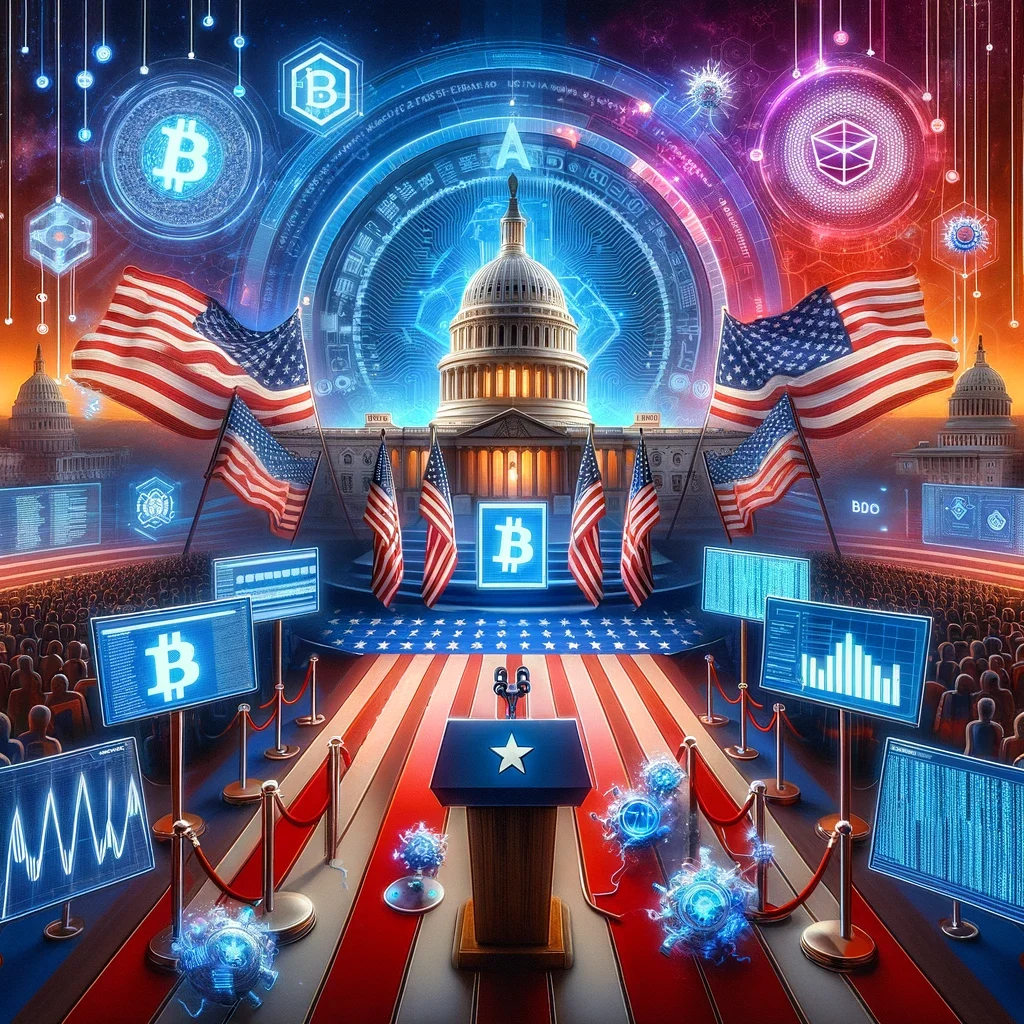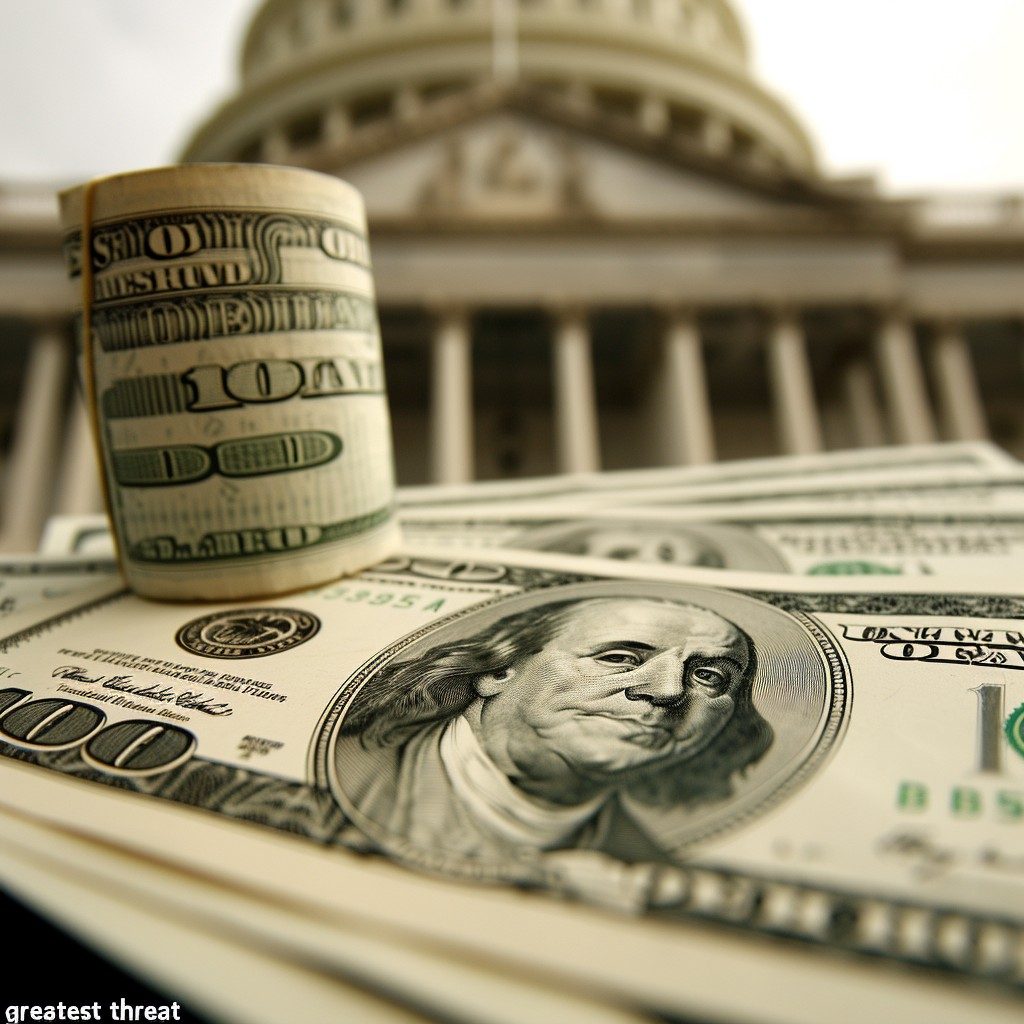As Russia reels from Western sanctions, the international commerce arena is grappling with the aftershocks. The punitive actions are reshaping global finance and igniting an inflation surge.
This paradigm shift is reminiscent of the 2008 U.S. banking crisis, and according to experts, has started seeping into Europe’s financial landscape.
The impact of sanctions on Russia and the world
When the West levied sanctions against Russia, the goal was to put the country in an economic stranglehold. However, according to Andrey Kostin, Chairman of the state-owned VTB, the second-largest bank in Russia, the impact has been far-reaching.
Kostin suggests that the measures taken against Russia have effectively torn down the global trade system and stoked inflation.
The ripple effect of these sanctions is felt most acutely in the United States. Kostin compares the current situation to the 2008 banking crisis, the largest financial upheaval in modern history. He points out that the crisis is now beginning to permeate the European financial fabric.
Drawing from their experiences, Russian financial institutions, such as VTB, are showing resilience. Kostin hints at the development of a new financial and trade infrastructure with a focus on the ruble and currencies of other allied nations.
A part of this transformation involves expanding the bank’s presence in major Asian countries, including China and India, as well as the Commonwealth of Independent States (CIS) countries.
The birth of a New Financial Order
The sanctions have triggered an evolution in Russia’s financial approach. Kostin shares that the sector has learned to adapt, mentioning the bank’s resolve to change its financial system in the coming years significantly. Despite some setbacks last year when they faced property confiscation, Kostin assures that the Russian banking sector remains secure.
As the sanctions affect transactions in Western currencies, VTB has stopped issuing loans in these currencies. Instead, the bank is focusing on expanding the ruble market and starting to engage with other currencies like the yuan.
Kostin indicates that the transformation is gathering momentum, with rubles accounting for over half of the transactions and settlements with friendly nations.
In June, Kostin foresaw a shift in global power, leading to the end of U.S. dollar dominance. He anticipates the Chinese yuan assuming the mantle of the world’s reserve currency.
These drastic changes in the global financial climate illustrate the unintended consequences of the Western sanctions on Russia. While the Russian financial system is weathering the storm and finding new ways to operate, the rest of the world faces a major financial crisis and rising inflation.
As the world grapples with these developments, the narrative of the global trade system and the future of international currencies hangs in the balance.
Bottomline is Russia’s handling of Western sanctions has highlighted the nation’s resilience while shaping a future where it might be less dependent on Western currencies.
The evolution of this economic landscape could have far-reaching implications for global trade and the dominance of currencies, challenging the established norms of the international financial system.





